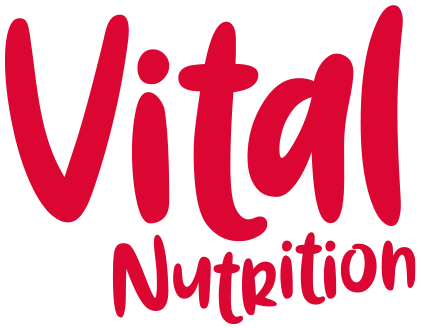The stress of school
As kids get all head back to school, there can be a little air of anxiety in the air.
Children respond differently to adults to stress, so you might notice your little one being more irritable, throwing a few more tantrums, bed wetting, having difficulty concentration, more sore tummies, poor sleep or dizziness.
Stress triggers a release of adrenalin and cortisol for the adrenal glands. This is nature’s built-in alarm system to tell us that something is wrong and it is time to take flight, or start a fight - our sympathetic nervous system response of fight-or-flight. Understanding this can help you make sense of why your child might be more argumentative, irritable or showing aggressive behaviour. It is natural response to fear.
If anxiety becomes problem, then this fight-or-flight response doesn’t switch off properly, so adrenalin and cortisol levels stay high and the anxiety continues.
We can naturally reduce the stress response through exercise. Literally running away from danger. Kicking a football in the park, going for a bike ride or climbing a tree will help reduce the natural surge of stress hormones and bring the stress response down to a more manageable level.
Yoga and mindfulness have been shown to be really effective methods for children to manage anxiety. Simple breathing exercises, or age-appropriate guided meditation are great. Have a look at relaxkids.com or www.headspace.com/meditation/kids for ideas.
When it comes to diet and nutrition, there are a few things you can do to help your child manage anxiety and stress levels:
A good breakfast with some protein and healthy fats can help support blood sugar levels, balance stress hormones and aid concentration at school. Get your child off to a good start with something like eggs or bacon on toast, porridge or Weetabix with milk, or peanut butter and banana on toast.
Sugar is a big driver of adrenalin and cortisol, and can contribute to feelings of stress and anxiety. It is always a good idea to do things gradually with children, so I suggest working out where sugar is in their diet and deciding on the easiest swaps first. For example check the sugar levels of your child’s favourite break-time snack or treat and swap it for a slightly lower sugar alternative. Swapping Jaffa cakes to digestive biscuits, or choosing a lower sugar yoghurt would be a good place to start. The important thing is that don’t restrict any food in their diet too much, as it is important for them to enjoy a wide range of foods, and avoid too many restrictions, as this can trigger problems with their relationship with food.
We know there is big gut-brain connection, so feeding your child’s healthy gut bacteria is a super thing to do to help with their mental health. Fermented foods will do wonders for the balance of your child’s microbiome. Start with live or bio yogurts, try some kefir (tastes like drinking yoghurt) or kombucha (tastes like fizzy pop.). Get your child to choose their favourite flavours and they are more likely to give it a go.
Sit down and eat together. Take time to share mealtimes with your tribe. This can be a valuable time to talk about what happened during the day and have some fun together, as well as setting a good example to your child about healthy habits. Sitting down to eat as a family has also been linked to increased self-esteem and academic performance.
Help your wee one get a good night’s sleep. A magnesium supplement at bedtime might be useful, I like Higher Nature’s Relax and Unwind as it tastes of berries and has some other nutrients like theanine and calcium that have calming properties, to aid restful sleep and reduce feelings of anxiety.
If you have concerns about your child's mental health, or stress levels talk to your GP
This blog post first appeared as my column in The Irish News on Saturday 28 August 2021.

